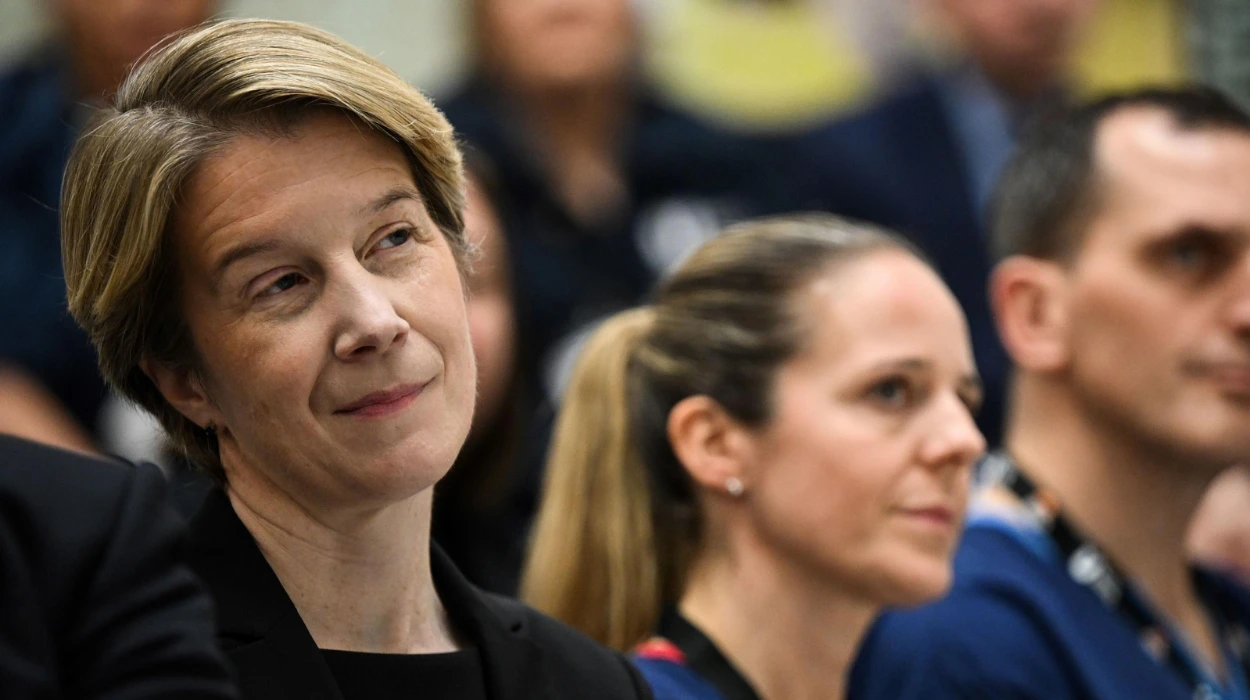UK (Parliament Politics Magazine) – The NHS has warned that the upcoming five-day BMA doctor strike could harm patient care and disrupt essential medical services.
A top NHS figure, according to The Independent, has sounded the alarm over the five-day junior doctors’ strike set to begin tomorrow, warning of harm to patient services.
What did Prof Tim Briggs say about the NHS strike impact?
Professor Tim Briggs of NHS England warned that the upcoming five-day strike poses a serious concern.
“This strike will harm patients, and for me, that is not acceptable,”
he said.
Mr Briggs stated,
“As doctors, we are slightly different from other groups in that, yes, we have the right to strike, but we also have to make sure that we put the patient right at the centre of absolutely everything we do, and we must never harm patients.”
He said the government is open to examining non-pay concerns raised by doctors, adding that ministers have committed to addressing them “in a very sympathetic way.”
Mr Briggs added,
“So I can’t understand how we are in this position from the BMA. When I speak to resident doctors, it’s not about the core pay. It’s about the non-pay, about their rotas of selection, the bottleneck and training, how they fund their courses, how they fund their exams and medical equipment.”
He said,
“This time, we will be covering the emergency services, and we will be doing as much of elective care as we can, and that is absolutely the right thing to do.”
What did Dr Tom Dolphin say about NHS England’s strike guidance?
BMA council chairman Dr Tom Dolphin stated,
“At best, this will leave hospital managers and senior doctors confused over what they should be planning for this week, resulting in last-minute cancellations, and at worst, puts patients at risk in both emergency and planned care settings.”
He added,
“Senior doctors cannot simultaneously cover for striking resident doctors in emergency departments, while also continuing routine work, and NHS England is being irresponsible by suggesting they can do both.”
How did Professor Pandit advise the public to seek NHS care during the strike?
Professor Meghana Pandit, NHS England national medical director, stated,
“There is no doubt this industrial action will take a toll on patients and NHS staff, and it is disappointing it is going ahead.”
She said,
“While it will mean some appointments won’t be able to go ahead as planned, we are doing all we can to limit this, and patients should continue to use NHS services in the usual way.”
Ms Pandit added,
“The public should dial 999 in an emergency, and otherwise use 111 online, your local pharmacist or GP, and patients should attend NHS appointments unless told otherwise.”
What did the Academy of Medical Royal Colleges urge the BMA to do?
The Academy of Medical Royal Colleges has called on the British Medical Association to withdraw its current strike guidance.
It warned that asking doctors not to disclose whether they plan to strike could severely hinder hospital planning. The academy said the move may also put patient safety at risk.
AMoRC said the lack of strike information from doctors could make it difficult for NHS leaders to protect patient safety.
What did the Nuffield Trust reveal about long-term NHS doctor pay trends?
A new analysis by the Nuffield Trust suggests a significantly smaller drop in doctors’ pay than the British Medical Association’s claim of a 21% decline since 2008–09.
Although doctor pay has risen and fallen over the years, the trust says cuts are felt more deeply due to loss aversion.
The report’s author stated,
“A shortage of independent analysis has meant that much of the debate has been based on flawed figures. All too often, true levels of inflation have been misrepresented, basic pay conflated with total pay, starting pay presented as average pay, whereas affordability arguments often do not recognise that some additional pay is returned to the public purse in taxes.”
What strikes have cost the NHS so far?
More than 61,000 NHS appointments were cancelled last June after junior doctors launched another round of industrial action.
Ongoing strike action has led to the rescheduling of around 1.5 million NHS appointments since late 2022, highlighting the scale of disruption across the health service.

